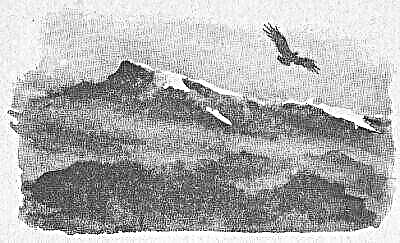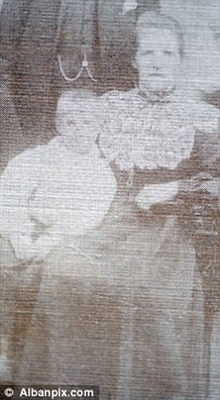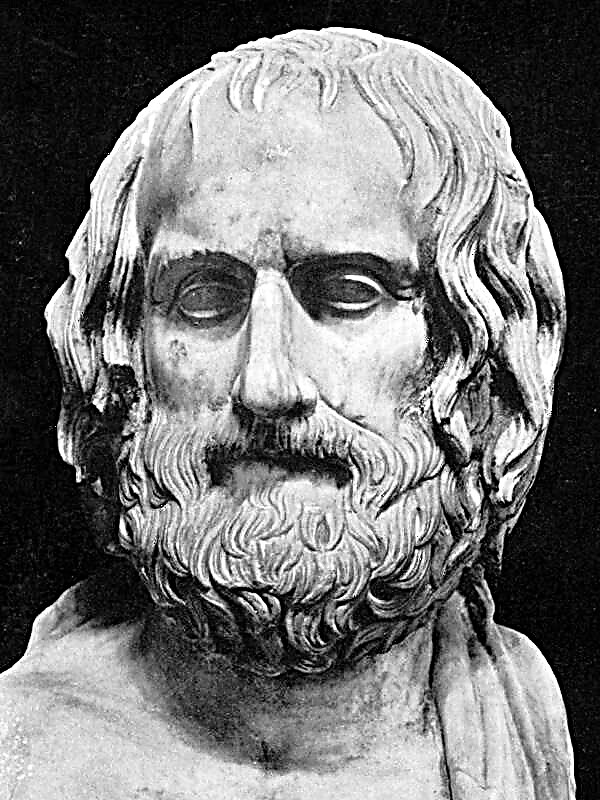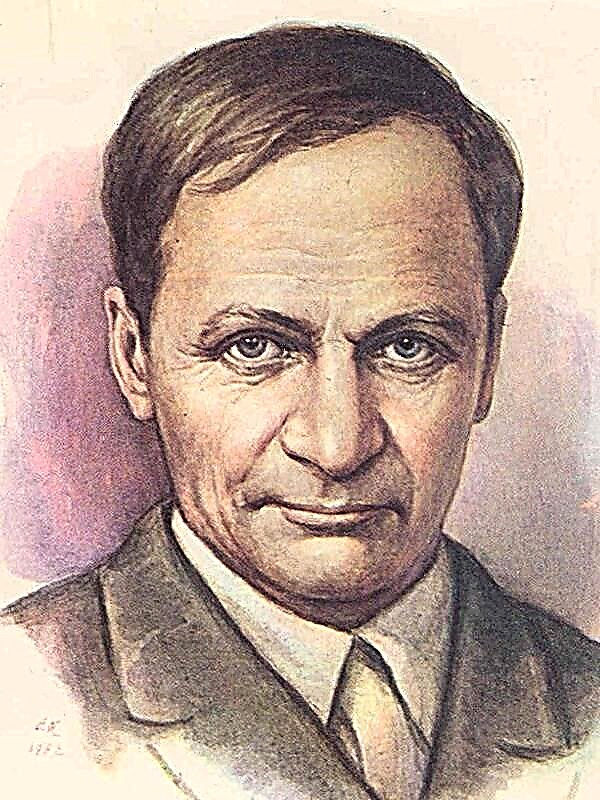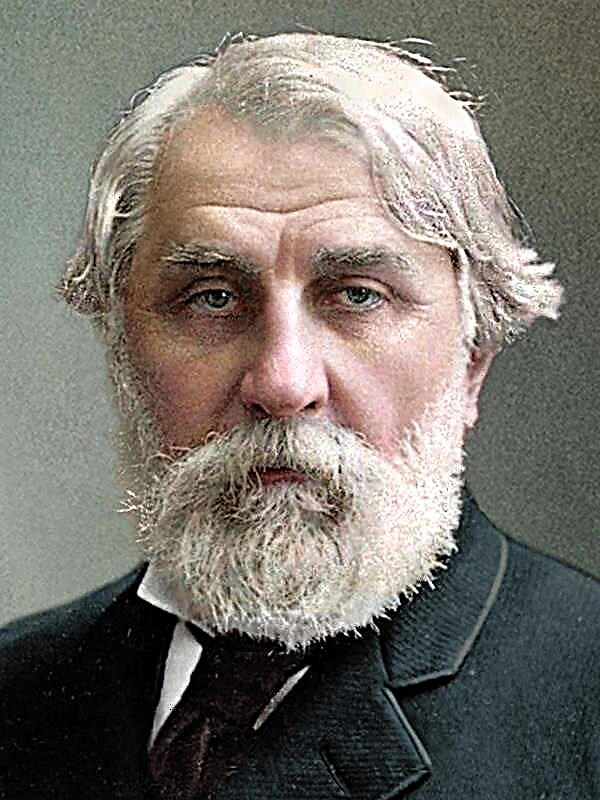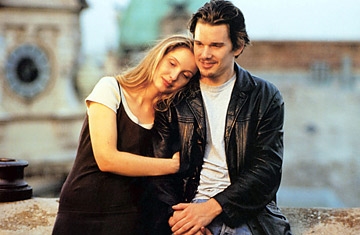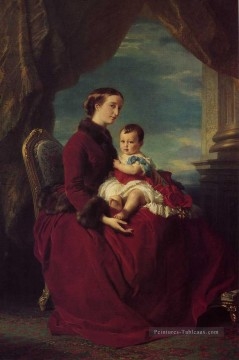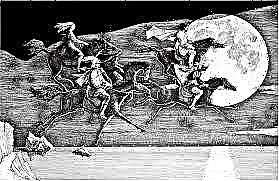(437 words) Stepan Astakhov is a secondary hero of the novel “Quiet Don” by M. Sholokhov. Fate was not merciful to him, but still this hero showed extraordinary perseverance and courage at the front, as well as a strong love for Aksinya. In his image, the main features of the laboring Cossacks - a passionate, rampant and free people merged.
Stepan is handsome in his own way; he is distinguished by beautiful and regular features, brown hair, and bright eyes. “Tall, cool and handsome,” the author described. He chose the same pretty Aksinia as his wife, but this marriage was unsuccessful: the girl was raped by her own father, and she went to the groom "spoiled". The sharp and sharp Cossack could not forgive this: he beat and scolded his young wife, drank and behaved rudely. Even he abandoned the farm, shifting all the worries onto the shoulders of his wife. Here the negative traits of the hero appeared: anger, revenge, cruelty. I must say that the customs of the Cossacks were not distinguished by good manners: men drank, beat their wives and treated their family rudely. In this sense, Stepan was a product of his environment. By all means, he proved to Aksinya that it was he who was the main one, and on her he vented vexation for deceiving her relatives. However, his lazy and cold treatment hid feelings that made themselves felt later.
Upon learning of the betrayal, Stepan resumed beating his wife, and she escaped. He blamed Gregory for this and happily went to the front, if only to get even with him for the insult. All this time he drank, trying to forget Aksinya, but bitterness still approached his throat. Even when Melekhov rescued him on the front line, he could not forgive him an affair with his wife. But finally, Stepan’s feelings are revealed when he came from captivity. Disappointed in the comrades who abandoned him, in the war that brought him down, in his overseas life, where he lived on welfare from a rich German woman, he realized that the only thing left for him was love for Aksinya. Humiliatingly and miserably, the proud Cossack asks her to return and "forget the old grievances." Something broke in a daredevil and a badass: he somehow wilted, his eyes went out, and, finally, he realized that he was to blame for his unsuccessful family life. Now Stepan decided to catch up. When the Cossacks came to mobilize him, he agreed to fight only under the threat of execution.
The turning point in the character of the brave Cossack determined his further fate: he could not achieve success in the military business, he walked with reluctance and sloth. His painful passion for his wife did not abate, and until the last he reached out for her and a peaceful life away from shocks and unrest. His steep and awkward character gave way to "storm time".
Thus, on the example of Stepan Astakhov, the author showed how an ordinary Cossack perceived the events described in the novel. The affliction that struck Stepan became the lot of all Cossacks: they were tired of the war, they became indifferent to the authorities, society, the country, all their former feelings burned out in the fires of wars and upheavals.



